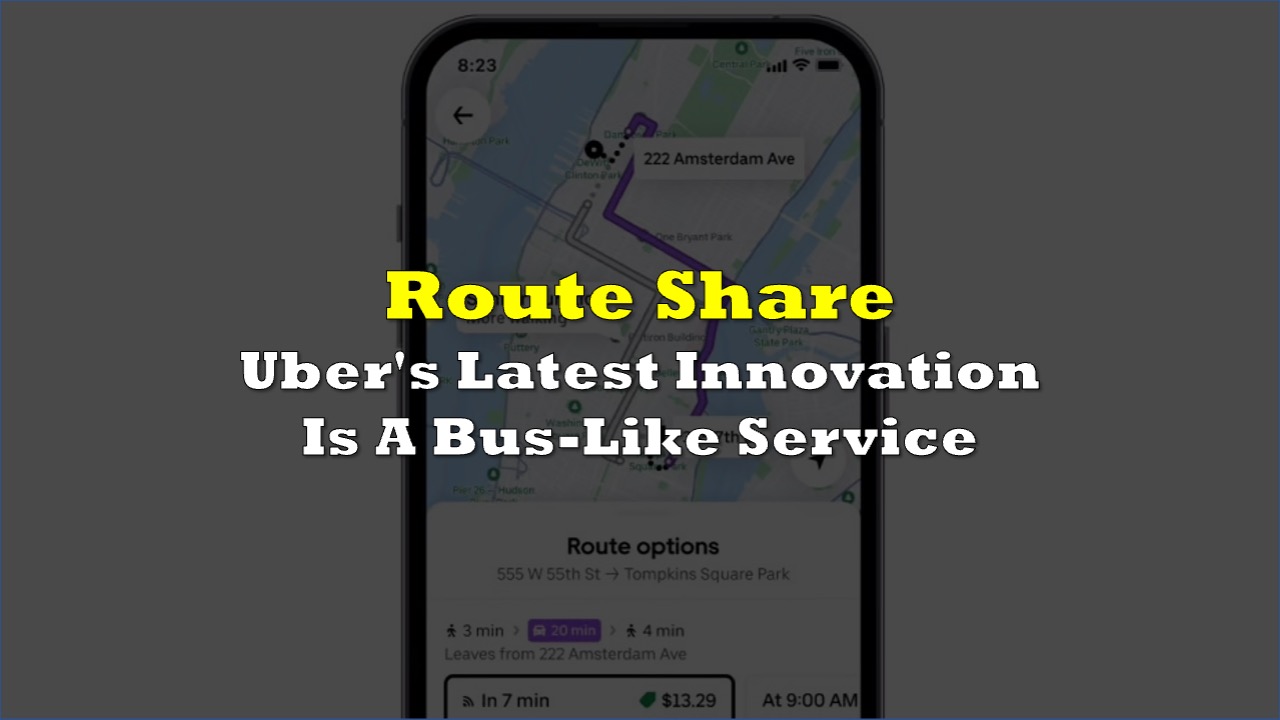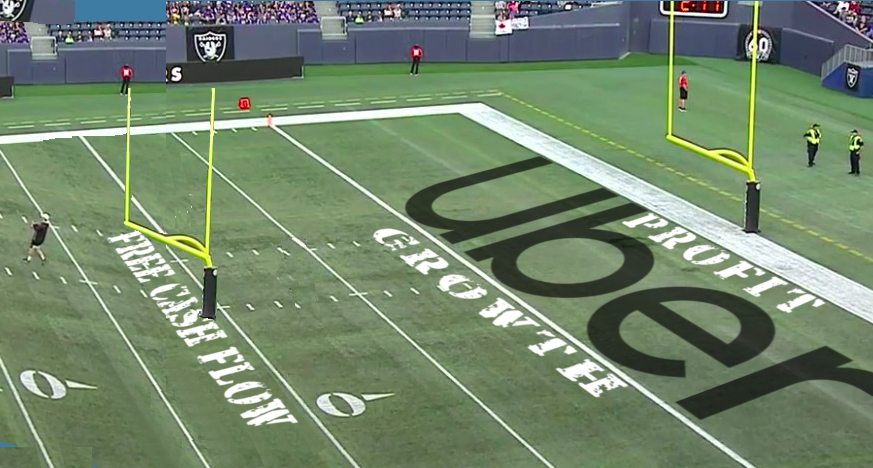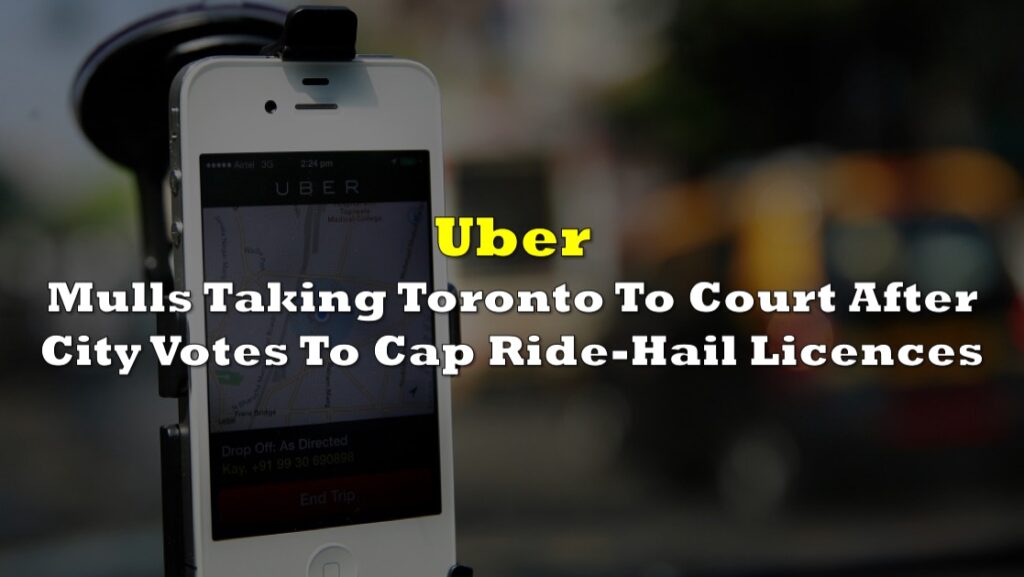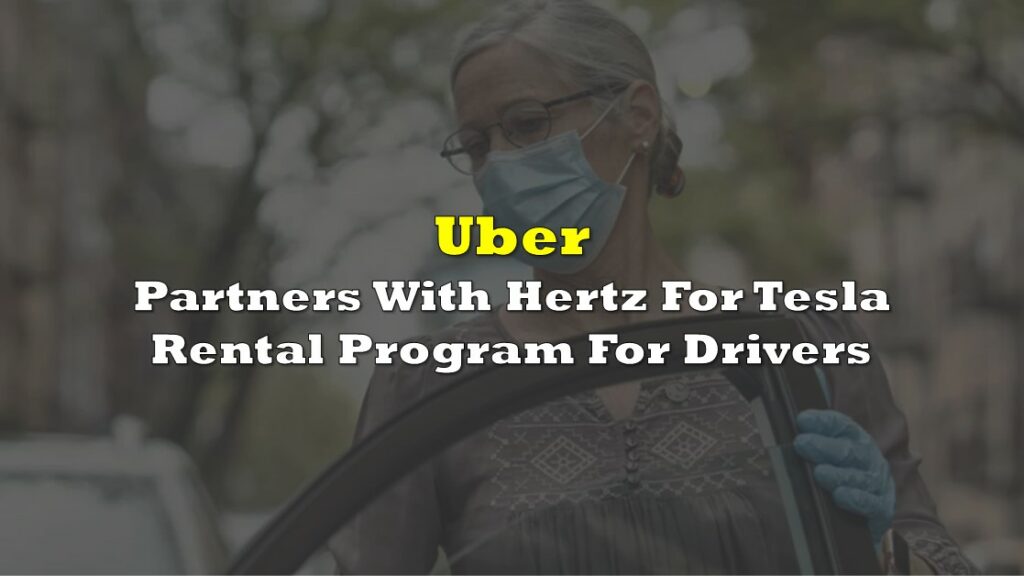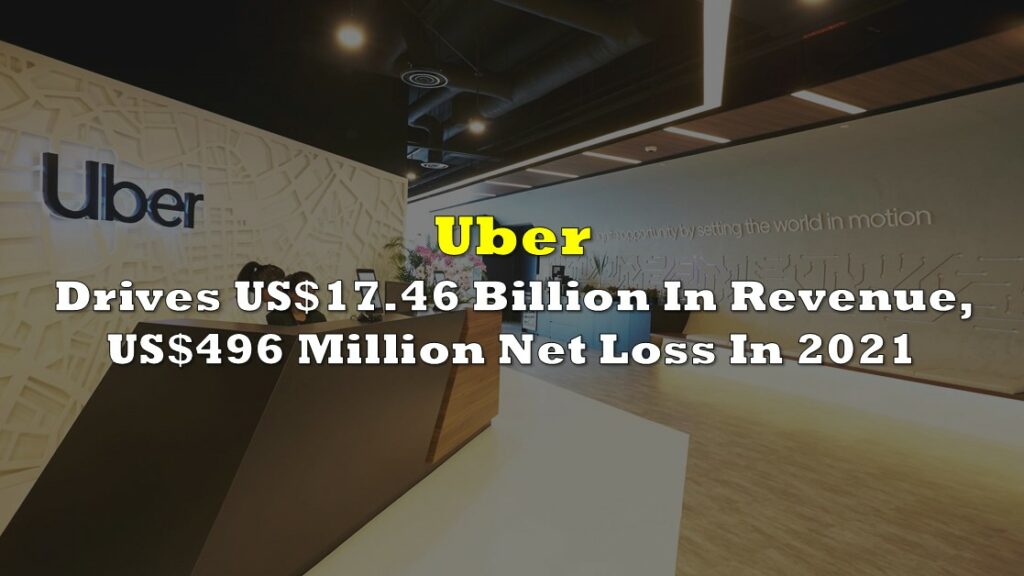Uber (NYSE: UBER) launched Route Share on Wednesday, a fixed-route shuttle service that critics say bears striking resemblance to — wait for it — public transit, but at a premium price. The company says the new service offers rides at up to 50% less than its standard UberX option by operating on predetermined routes during weekday commute hours in seven major US cities.
“We are complementary to public transit,” says Uber’s product chief Sachin Kansal. “We think of this as a journey towards lower and lower car ownership, as people transition from driving themselves over to using products like Uber Share and now Route Share.”
The service runs every 20 minutes during morning and evening rush hours, with riders sharing vehicles with up to two other passengers. Users must walk to designated pickup points and can book seats from 10 minutes to seven days in advance.
are you fucking kidding me https://t.co/or4bjYMUPh
— derek davison (@dwdavison) May 14, 2025
Uber’s previous attempt at shared transportation, Uber Pool, suffered from poor planning and unrealistic expectations. The company says Uber Share, its current iteration, performs better and logs nearly one million rides monthly.
Industry analysts view the move as part of Uber’s strategy to attract price-sensitive customers amid economic uncertainty. The company is focusing on affordability following recent economic pressures, including President Trump’s tariffs and widespread tech industry layoffs.
“People are feeling more and more uncertain,” Kansal said. “They’re seeing prices go up in different realms of their life. And that is definitely generating some anxiety.”
Route Share will initially operate in Baltimore, Boston, Chicago, Dallas, New York City, Philadelphia, and San Francisco, with plans to expand to other cities.
The company also announced additional cost-saving features, including a $2.99 monthly subscription that locks in prices for up to 10 routes and prepaid ride bundles offering discounts between 5% and 20%.
Uber is exploring opportunities to make Route Share eligible for pre-tax commuter benefits, though this would require using larger vehicles to meet eligibility requirements.
Looking ahead, the company envisions integrating autonomous vehicles into the service. Uber has partnerships with 18 autonomous vehicle companies and plans to introduce self-driving VW electric vehicles for shared rides in Los Angeles by 2026.
“You can see a natural extension of us being able to bring Route Share to autonomous vehicles, as well,” Kansal said. “[Route Share] has a lot of advantages for the autonomous vehicle. It’s a very well-defined route, and so the pickups and drop-offs are predictable.”
Information for this story was found via the sources and companies mentioned. The author has no securities or affiliations related to the organizations discussed. Not a recommendation to buy or sell. Always do additional research and consult a professional before purchasing a security. The author holds no licenses.

